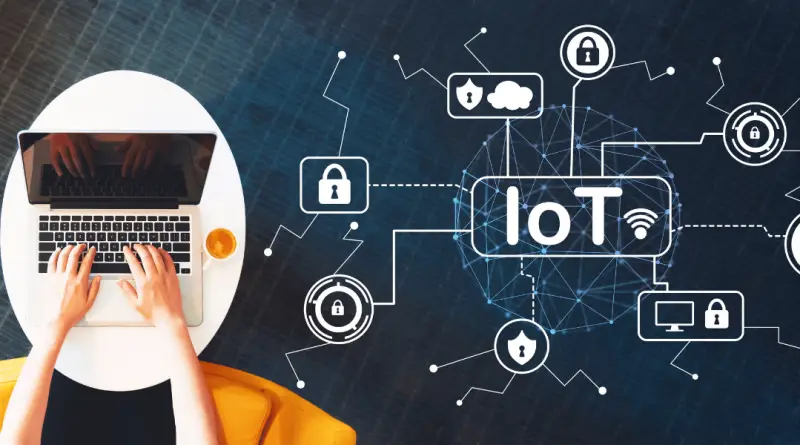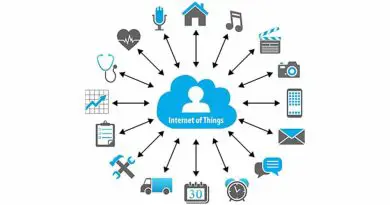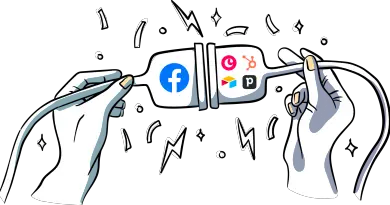Internet of Things’ Devices to Rise By 199%
"The Internet of Things (IoT) can be viewed as a global infrastructure for the information society, enabling digital services through the ability to tag identity, capture data, process such data, and communicate the data without violating security and privacy rules, respectively, while the things and objects involved are physically and virtually connected."
Over the next eight years, the number of devices connected to the Internet of Things (IoT) will increase by 198.97 globally, including Nigeria. According to industry analysts, the number of IoT devices will increase from 9.7 billion in 2020 to over 29 billion in 2030. According to GSMA Intelligence, the total number of IoT connections (cellular and non-cellular) worldwide will reach 25.2 billion in 2025, up from 6.3 billion in 2016. This contradicts the estimate provided by Statista, another global research platform. According to Statista, the number of IoT-connected devices will reach 13.1 billion in 2022, 15.1 billion in 2023, 17.1 billion in 2024, 19.1 billion in 2025, and 27.3 billion in 2027.
Meanwhile, according to International Data Corporation (IDC), there will be 41.6 billion IoT devices in 2025, generating 79.4 zettabytes (ZB) of data. The market for IoT devices is expected to reach $2724.42 million by 2028, with a compound annual growth rate (CAGR) of approximately 10.10% between 2022 and 2028. LG Electronics Inc., Radio Thermostat Company of America, Qualcomm Technologies Inc., Amazon, Ecobee, SAMSUNG, Google LLC, Honeywell International Inc., Motorola Mobility LLC, Nest Labs, Pebble, Sony Corporation, and others are listed as key market players in the report, along with their sales, revenues, and strategies.
IoT Device Market
“IoT Devices Market By Size, Share, Growth Analysis Report By Devices” Factors and Variables (Processor, Connectivity IC, Sensor), According to Product Type (Fitness & Heart Rate Monitors, Connected Cars, Thermostats, Refrigerators, Radar, Glasses, Lighting System, Smart Bluetooth Trackers, Door Locks), By Application (Building & Home Automation, Connected Health, BFSI, Energy & Utilities, Connected Logistics, Transportation, and According to the most recent research study, the global IoT device market size and share in 2021 will be valued at approximately $1,529.50 million.
The report examined the drivers and restraints of the IoT devices market, as well as the impact they have on demand over the forecast period. Furthermore, the report investigated global opportunities in the global IoT devices market. Experts said Nigeria should brace itself to be a part of the development, noting that the country’s adoption of emerging technology is slow and poor. They believe that deploying 5G technology will increase its use in the country.
James Olorundare, an engineer and member of the Internet Society, examined the key issues and challenges impeding Nigeria’s IoT readiness and acceptance. Such issues, according to him, include quality of service, quality of experience, government will and policies, infrastructure deficits, security issues, privacy, and so on.
The solutions to the challenges were also clearly articulated, including, but not limited to, good government policies, national orientation and awareness creation, infrastructure development encouragement, collaborative regulation, and enactment of IoT Framework, Nigerian active participation in International Telecommunications Union-T Study Group 20 on Internet of Things Smart Cities and Communities and Study Group 13 on Future Networks like 5G technology.
“The Internet of Things (IoT) has evolved to become a critical key enabler of the Information Society, offering the opportunity to positively transform cities through positive effects such as intelligent transportation, building, smart healthcare, smart transportation systems, and smart energy and water networks.”
Many innovations are currently underway to standardize the Internet of Things (IoT) in order to reap the greatest benefits from cutting-edge innovation. “The innovations will assist the government and the ICT industry in capitalizing on the opportunities provided by IoT in order to catapult our cities into Smart Cities of the Smart World.” The Internet of Things (IoT) is more than just a computer network; it includes a network of various types of devices such as smartphones, domestic appliances, cameras, automobiles, and industrial devices, scientific and medical devices, all of which are constantly connected and sharing information.
“The Internet of Things (IoT) can be viewed as a global infrastructure for the information society, enabling digital services through the ability to tag identity, capture data, process such data, and communicate the data without violating security and privacy rules, respectively, while the things and objects involved are physically and virtually connected.”



